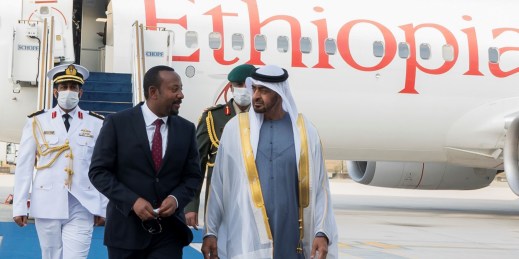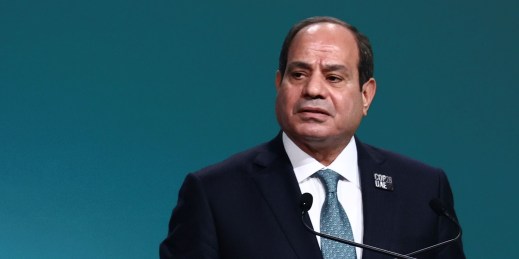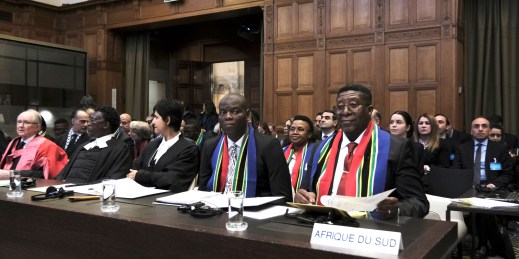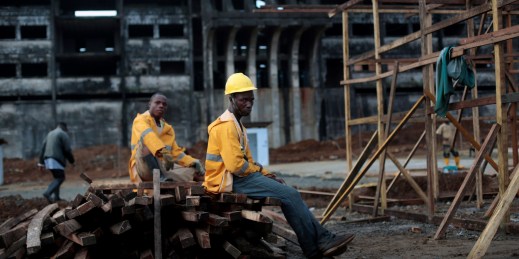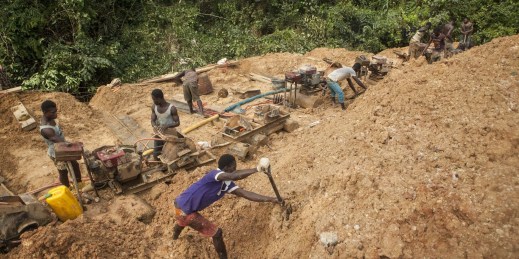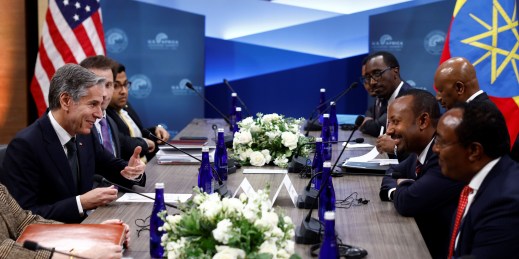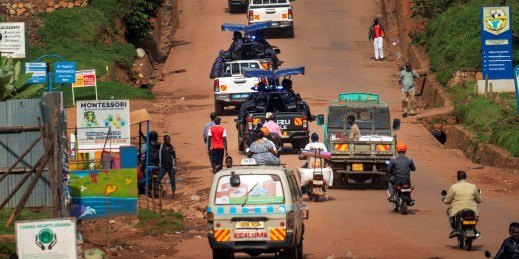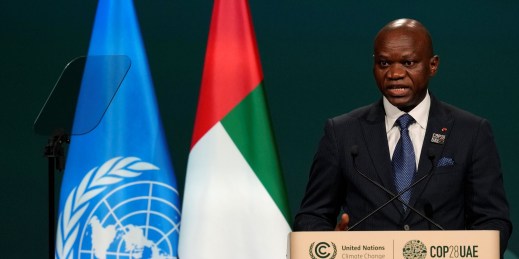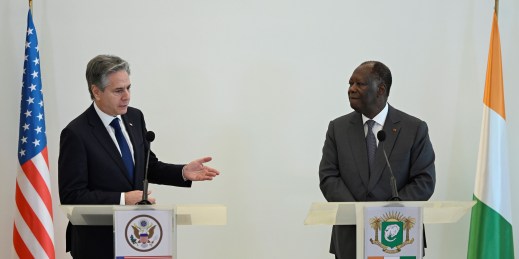
As part of his tour through four African countries this week, U.S. Secretary of State Antony Blinken made a point of stopping over in Cote d’Ivoire, a country with which both Washington and Paris are seeking to deepen security ties following the collapse of France’s diplomatic relations in other parts of the region.

